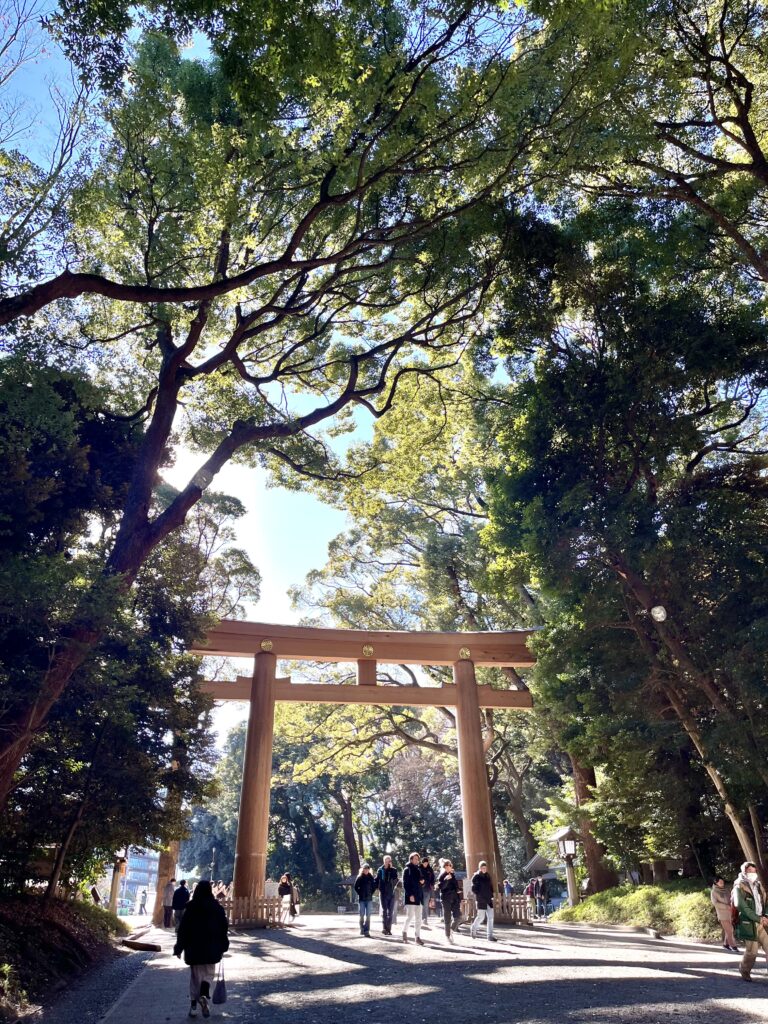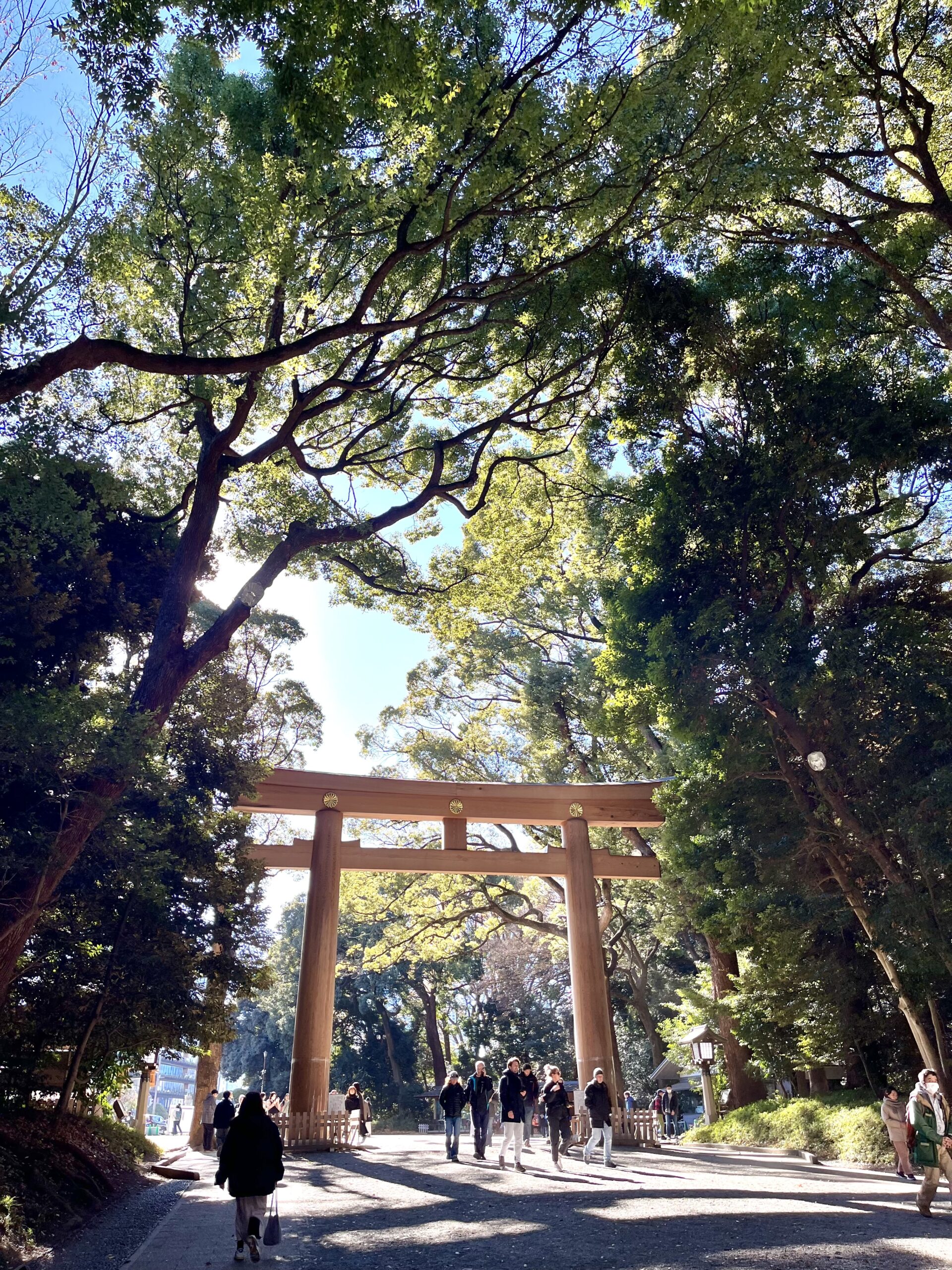 Beppu-shi, Oita Prefecture, Japan
Beppu-shi, Oita Prefecture, Japan
From beyond the waves, looking back at the shore, civilization betrays itself. The aging amusement park—its sign hasn’t been illuminated in years and the ferris wheel creaks under the weight of a glance—still perches on the hill. There are hotels, a communications tower, a shopping mall: each bows its head to the context of an environment that cannot wait to overtake it. The wooden faces of homes have settled themselves in intimate relationship: in or among the bamboo, against the mountain, above the valley, over the sea.
The jagged edges of the cliffs break the shell of morning, and the golden yolk of dawn illuminates the valley below. Against the light, steam rises in columns, dotting the mountains and betraying the slices where the hot springs escape their underground dens. In the fall, the mountains hold little green but the occasional spray of bamboo forests that dot the wide swaths of hillsides. The mountains are brown and gray otherwise, until fall deepens enough that the persimmon trees light their lanterns with ripe, orange fruit.
When I arrive by train, I feel bound by a certain quiet. I have been here enough times to know the spirits and I feel beholden to them, to arrive with a reverence for what lives here unseen. When I tell other people in Japan, I see their faces illuminate with the bright enthusiasm of the persimmon. Onsen!, they say, breathlessly.
And yes. Just half a block from the station, the facade of the bath house, barely set back from the street, is worn, like everything else in town. A residue of lime clings to the front steps. In front of that is a small shrine. I greet it with a bow like I would any other neighbor moving silently along the brick sidewalks in the morning light.
Beyond the glass doors, there are lockers and a desk. I pay my coin and receive my towel: thin and a once-enthusiastic orange. We engage in custom and exchange the things we must, in order to break the seal of the place and to access its true purpose: the heat.
There are more sets of doors and curtains and more lockers and a staircase downward. I grip the iron handrail, the steam rises to my face, and I finally feel I’ve arrived. And I plunge my foot into the scalding water, dropping my resistance to its intensity. I move toward it, inward. I move fast so that my body is unable to register the purposeful heat this place contains—something primordial, obscured by a white, industrial exterior.
Here is where we get closest to the center of the earth.
Christy Tending (she/they) the author of High Priestess of the Apocalypse (ELJ Editions) and Sobriety Through the Major Arcana (kith books). Their work has been published in Longreads, The Rumpus, and Electric Literature, and received a notable mention in Best American Science and Nature Writing 2023. They are the recipient of a residency at Yaddo and the Birdcoat Editors’ Prize in the Essay. They live in Oakland, California with their family. You can learn more about their work at www.christytending.com.




